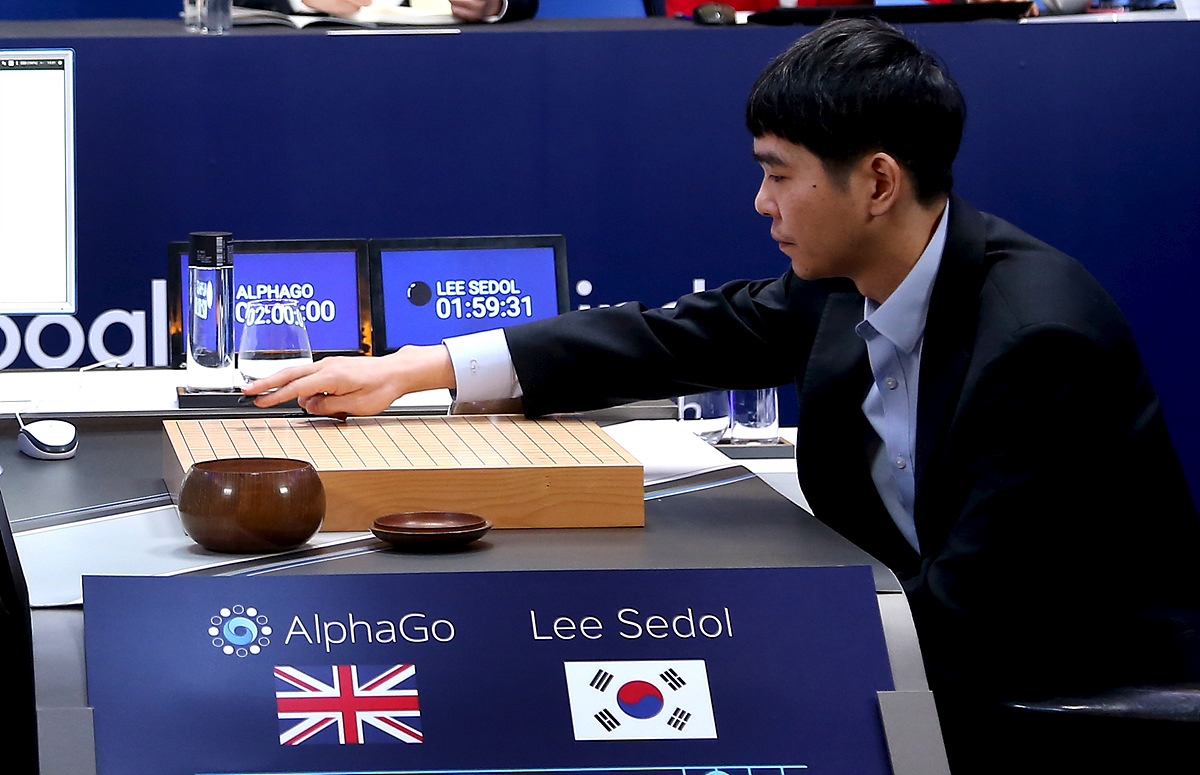It is said of the ancient Chinese game go that the number of possible positions on its board exceeds the number of atoms in the known universe.
This is old news, presumably, to masters of go and master mathematicians. To the rest of us it came as something of a shock when it became common knowledge in March, the occasion being the defeat — shocking in itself — of a world-ranking go master by a mere (so we would have said, once upon a time) computer. Or perhaps, giving it a positive spin, we should say "victory" instead of "defeat": a computer's victory over a mere human.
What is the human brain to make of such facts? What is the human brain? An awesome instrument, clearly — capable of counting the atoms in the universe, of devising a board game of such astonishing complexity and of creating a machine, an artificial brain, that plays the game better than one of the best human players.


















With your current subscription plan you can comment on stories. However, before writing your first comment, please create a display name in the Profile section of your subscriber account page.